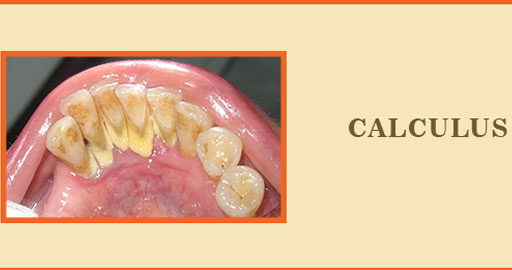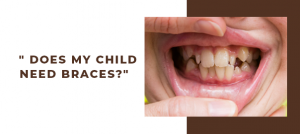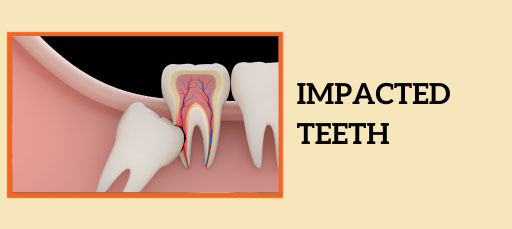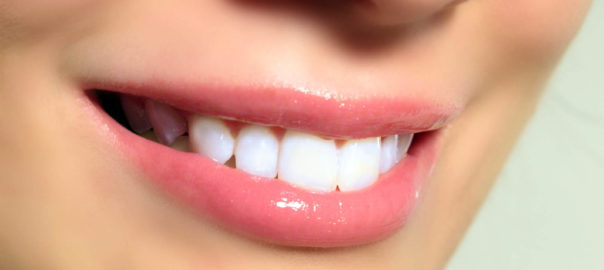
Calculus – Symptoms, Causes, Treatment
Many of us probably immediately associate the word “calculus” with the mathematics topic. In dentistry, calculus is the term used to describe a common dental problem that can have detrimental effects on oral health. Calculus, commonly known as Tartar is a common dental problem which is often ignored by many people. In this blog we will discuss dental calculus, its signs and symptoms, its causes, and efficient treatment options in this article.
Calculus: What is it?
A calcified deposit that hardens and builds up on the surfaces of teeth is called calculus, also referred to as tartar. Long-term plaque accumulation on the teeth is the cause of it. Plaque is a thick sticky film that is made up of food particles and germs. It can mineralize and solidify as dental calculus if it is not adequately eliminated by consistent brushing and flossing.
Symptoms of Calculus
- Visual Deposits: One of the main signs of calculus is the presence of hard deposits on the teeth that are yellow or brown in color. Usually, these deposits are present between the teeth and near the gum line.
- Bad Breath: CBecause calculus gives odor-causing bacteria a home, it can contribute to persistent bad breath.
- Gum Inflammation: Calculus buildup can cause gum irritation, which can result in gingivitis. When brushing or flossing, this may result in redness, swelling, and bleeding.
- Tooth Sensitivity: The accumulation of calculus can cause teeth to become more sensitive to heat, which can make eating and drinking hot or cold painful.
Causes of Calculus
The primary cause of dental calculus is poor oral hygiene. When you neglect proper brushing, flossing, and regular dental check-ups, plaque can harden into calculus over time. Other contributing factors include:
- Diet: A diet high in sugary and starchy foods promotes plaque formation and calculus buildup.
- Tobacco Use: Smoking or using tobacco products can increase the risk of calculus formation.
- Age: As we age, we become more susceptible to calculus buildup due to changes in saliva composition and gum health.
- Dry Mouth: Conditions that cause dry mouth, such as certain medications, can contribute to calculus formation because saliva helps control plaque.
What happens if Calculus is not removed?
Dental calculus is primarily caused due to inadequate oral hygiene. Over time, calculus can form when you fail to maintain regular dental checkups, brushing, and flossing. Additional elements that contribute include the following:
- Diet: A diet heavy in carbohydrates and sugars can lead to the development of calculus and plaque.
- Use of Tobacco: Consumption of Tobacco in any form i.e smoking, chewing, vaping etc can lead to the accumulation of Calculus.
- Age: Due to alterations in saliva composition and gum health, we are more vulnerable to calculus accumulation as we age
- Dry Mouth: Because saliva helps manage plaque, conditions that induce dry mouth, such as certain drugs, can lead to the production of calculus.
Treatment of Dental Calculus
Regular brushing and flossing will not be able to remove dental calculus after it has formed. It is best to seek treatment from a dentist. The most popular approaches to calculus include:
- Dental Scaling (Deep cleaning):
Dental hygienists safely remove calculus from teeth using ultrasonic scalers. Scaling and root planing are the terms for this procedure. Calculus deposits are removed from the tooth surfaces during scaling, both above and below the gum line. In order to stop additional accumulation, root planing smoothes the tooth roots.
Benefits:
- Better gum health
- Less bacteria and inflammation
- Efficient calculus removal
Sensitivity during the procedure and minor bleeding of gums is common and should not be stressed about. For best result after scaling, the patient should follow a proper oral hygiene routine which includes brushing, flossing, and using an antibacterial mouthwash as suggested by the dentist.
Antibacterial Mouthwash: Your dentist may recommend an antibacterial mouthwash to help reduce the number of bacteria in your mouth.
- >How it Works: Antibacterial mouthwashes contain active ingredients that target and reduce harmful bacteria in the mouth, including those associated with calculus formation.
- Benefits: Supplementary aid in reducing bacterial load, may help control gum disease.
- Risks: Potential for allergic reactions or oral irritation with certain formulations.
- Effectiveness: Can be effective as part of a comprehensive oral care routine, but may not remove existing calculus.
- Improved Oral Hygiene: To prevent further calculus buildup, you must maintain a rigorous oral hygiene routine, including regular brushing, flossing, and dental check-ups.
Tips for Choosing Treatment
- Consult with your dentist to assess the severity of calculus buildup and determine the most suitable treatment option.
- Consider factors such as overall oral health, presence of gum disease, and individual preferences.
- Discuss potential benefits, risks, and outcomes of each treatment option with your dental professional.
- Follow up with recommended oral hygiene practices to maintain oral health and prevent future calculus formation.
Conclusion
Dental calculus is a common dental issue that can lead to various oral health problems if left untreated. The good news is that with proper oral hygiene and the help of dental professionals like those at Clove Dental, you can effectively manage and prevent calculus buildup. Don’t wait until your dental health is at risk; take action today to maintain a healthy, beautiful smile.
For those seeking professional dental care and guidance, Clove Dental is here to help. With over 1.5 million happy patients and a presence in 400+ clinics across India, Clove Dental has established itself as a leading dental healthcare provider. Their team of 1000+ skilled and experienced doctors is dedicated to delivering top-notch dental services and oral health education to their patients.
Clove Dental’s commitment to excellence ensures that patients receive the best care and support to maintain a healthy, beautiful smile. Whether you require routine check-ups, treatment for dental calculus, or any other dental services, Clove Dental’s extensive network of clinics is ready to assist you.
Leave a Reply
Leave a Reply





















